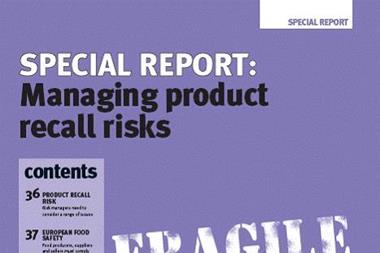Over 70,000 civil law cases were launched in the High Court in 2008, says RPC
The number of commercial cases launched in the High Court jumped 9.6% last year, fed by a rise in credit crunch litigation, according to City law firm Reynolds Porter Chamberlain LLP (RPC).
RPC's review of the latest Judicial Statistics reveals that 70,199 civil law cases were launched in the High Court in 2008, up 9.6% from 2007 when there were 64,046 (see graph below). RPC says that the increase was partly driven by an increase in creditors pursuing debt-related claims through the courts.
Commented Geraldine Elliott, Commercial Disputes Partner at RPC: "There was a significant rise in the number of commercial disputes launched in the High Court last year, as companies turned to the courts in the fall-out from the credit crunch."
"The economy nosedived in the second half of 2008 leading to much tougher conditions for businesses. With access to credit hard to find after the banking crisis, it's not surprising that the increase in litigation was driven by debt-related claims."
"It has been widely predicted that the credit crunch would unleash a tidal wave of court claims, based on evidence of past recessions, which have traditionally triggered a spike in litigation. Since the 1999 Woolf reforms, which kept many claims out of court, the number of claims has been falling, so this jump is really significant."
"Litigation is an expensive last resort, so it could be that some businesses are putting off any disputes until they've had a chance to rebuild their cash reserves. They might also want to wait to make sure their opponent has enough in the bank to pay out if they win."
"It seems likely there will be further growth in the number of commercial disputes reaching court as businesses decide that the time is right to launch their claims."
Elliott said that developments in litigation funding since the last recession mean that companies who can't afford potentially lengthy litigation can seek alternative funding from third party funders.
Added Elliott: "If a cash-poor company is desperate to recover some money from another business through the courts it can always turn to third party funding to try and get the litigation process going."


















